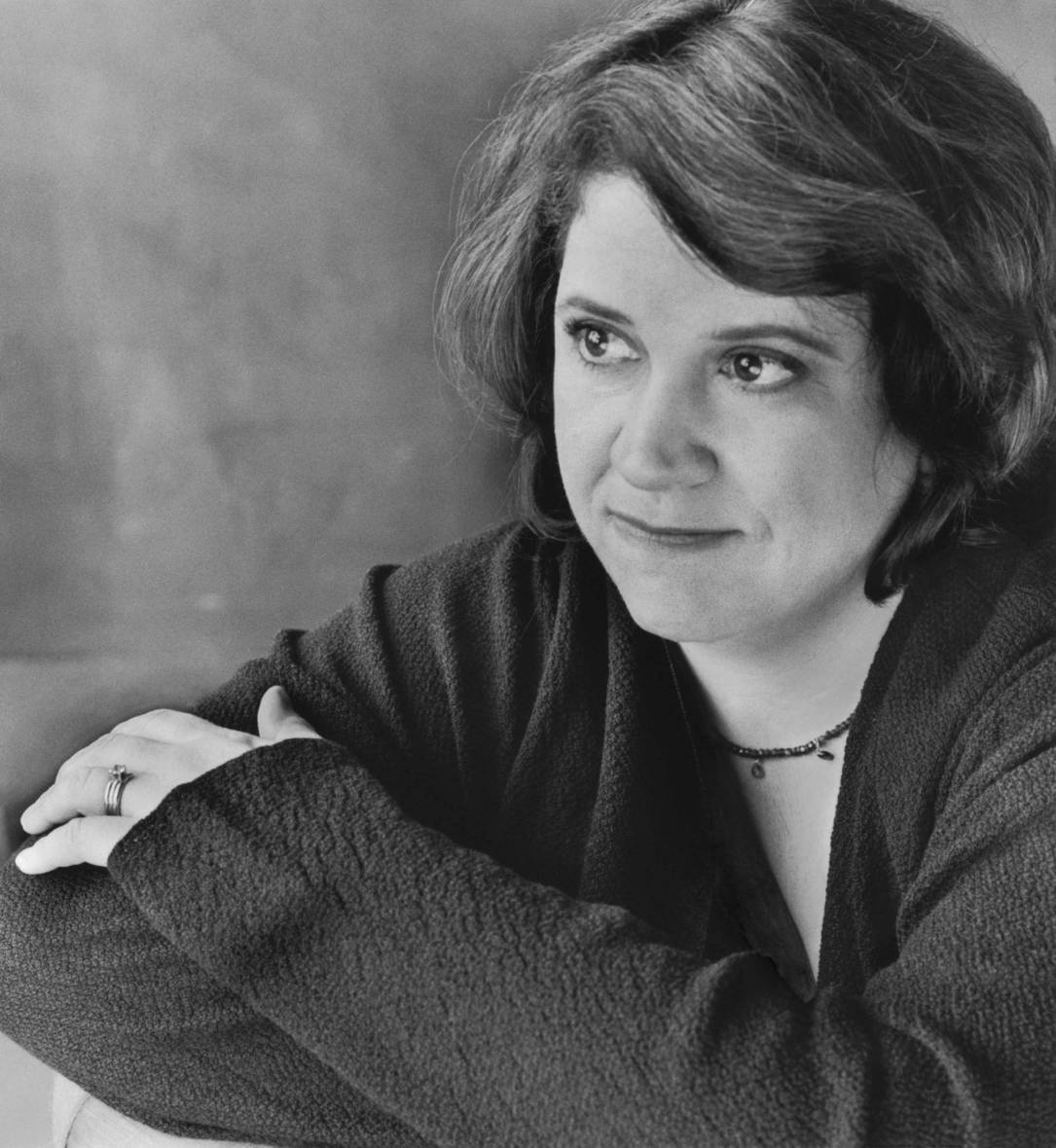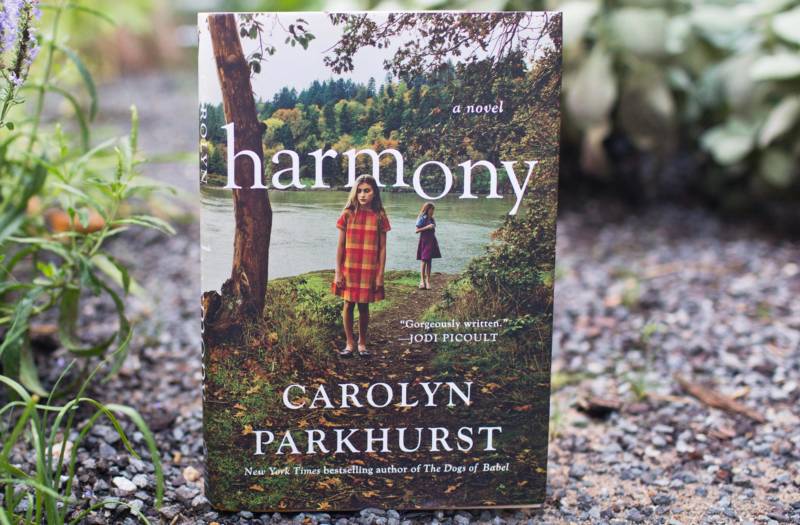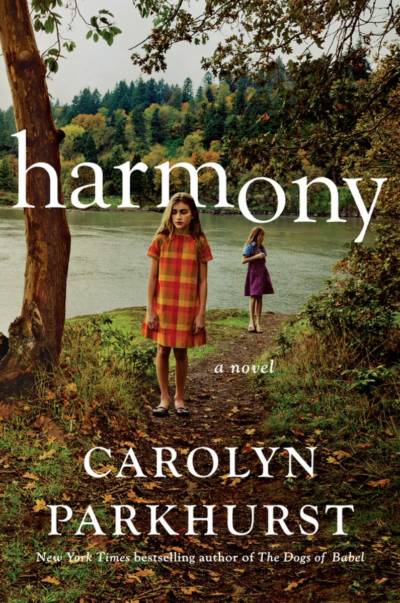Carolyn Parkhurst’s fourth novel, Harmony, is told entirely from female perspectives. Alexandra Hammond and her two daughters each get their own chapters to develop the story: Alexandra fills in the past, while prosaic 11-year-old Iris narrates the present. And Tilly, a mercurial 13-year-old on the autistic spectrum, invents wild futures where the Hammonds have become the subjects of wild theorizing and lost lore. But the strange and fascinating thing about Harmony is how it uses its female points of view to turn the male characters into evocative mysteries. The entire book revolves around the question of what’s going on in the head of one man, children’s counselor Scott Bean. And while Alexandra’s husband Josh is less important to the plot, he’s just as much of an enigma.
Harmony takes its name from a run-down wilderness camp Scott has established for families struggling with children on the spectrum. Alexandra has become dependent on Scott as a parenting consultant, an oasis of calm in a world that’s largely indifferent to her struggles with Tilly. Alexandra worries that Josh is a better parent than she is — certainly he seems to relate to the girls better, and deal with them more casually and comfortably, though it’s hard to entirely interpret his jocular but tense behavior. Scott, on the other hand, seems to understand Alexandra’s secret struggles, and doesn’t judge her for the way she’s withdrawn into mindless distractions. When school after school rejects Tilly, Scott is there to help, and his methods work so well that Alexandra pushes the family to “simplify” by shedding most of their belongings and moving to Camp Harmony to help run the place.

Iris’ chapters capture just as much discontent, but in a blunter, less sophisticated voice. She’s jealous of her sister, who gets more attention and causes more trouble. She’s worried about the primitive, computer-free camp, where she’s put to work and surrounded by strangers. And while she loves Tilly with the fierce, mercurial love of a little sister, she’s also exasperated by her disruptions and obliviousness. Iris hasn’t fallen within Scott’s sway, but she’s just as dependent on him to address Tilly’s problems. And only she sees some behavior that she accepts as normal, but that will raise alarms for adult readers.
Harmony is a frustratingly short book that skips past the chance to fully develop some of the plot hooks it teases, like Josh and Alexandra’s growing estrangement, or Scott’s mysterious past. Parkhurst’s past novels have all been unusually structured, high-concept stories: The Dogs Of Babel deals with a linguist trying to learn more about his dead wife (another Alexandra) by teaching his dog to talk; Lost And Found follows competing couples on an Amazing Race-like reality-TV show; and The Nobodies Album features an aging author trying to rewrite her son’s troubled life by rewriting her own novels. All three books deal intimately with families struggling to communicate with and understand each other, often after a crisis that makes rapprochement an especially tall order.
Harmony fits that pattern, but while Iris, Alexandra, and especially Tilly all have distinctive personal voices, Parkhurst doesn’t get into their characters with her usual depth. The book is a fleet page-turner, as the Hammonds careen toward obvious catastrophe of one kind or another. The question looms: Is Scott a kind genius, a dangerously unprepared amateur, or even a violent cult leader in the making? But the answers come with startling abruptness, cutting off a compelling, seductive narrative that could have sustained much more thorough exploration.



